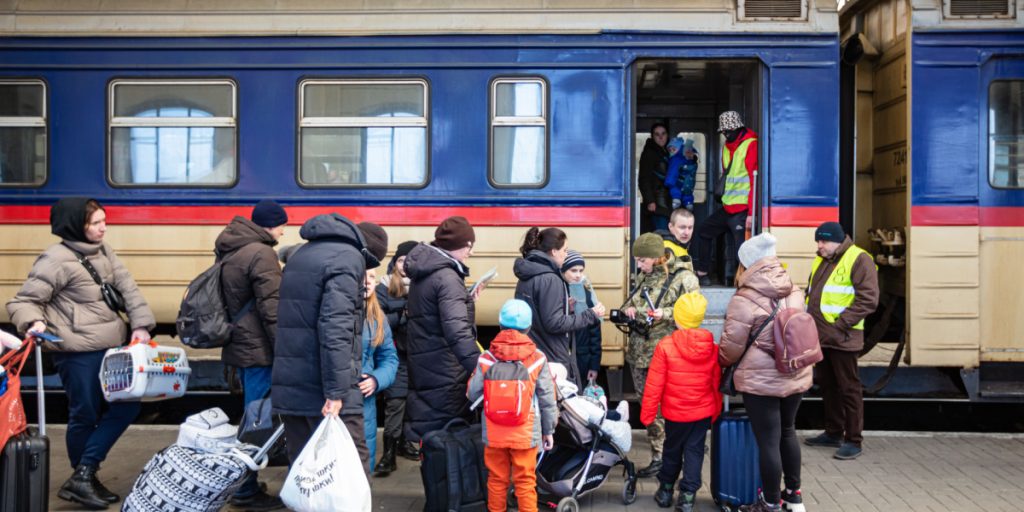Finland’s government has proposed a law to block asylum seekers from entering through its border with Russia.
Others are reading now
Finland’s government has proposed an emergency law aimed at blocking asylum seekers from entering the country through its extensive border with Russia.
This proposal is a response to perceived political antagonism from Moscow since the Ukraine war.
Increased Migration
Last year, the Finnish government closed its 1,340 km (830 mile) border with Russia following a surge in arrivals from countries like Syria and Somalia.
This influx coincided with Finland’s accession to NATO, aligning Helsinki more closely with Western allies opposing President Vladimir Putin’s actions in Ukraine.
Also read
Despite the Kremlin’s denial of weaponizing migration, Finnish authorities believe that Moscow may be encouraging the flow of migrants as a form of political pressure.
“It is the government’s duty to ensure the security of the borders, Finland, and Finns in all situations,” Prime Minister Petteri Orpo stated during a news conference.
“Unfortunately, the EU legislation does not yet provide us with effective tools to tackle the problem. I hope our work will pave the way for European-level solutions.”
According to the Finnish Border Guard, only a few dozen migrants have crossed from Russia this year, a significant drop from the 1,300 arrivals in the previous year.
But with warmer weather approaching, Finnish leaders are concerned about a potential increase in migration and the possibility of continued Russian influence.
Proposed Legislation
The draft law proposed by the right-wing coalition acknowledges that turning migrants back without processing asylum applications would breach Finland’s international rights commitments.
According to Orpo, it would be temporary and only activated in exceptional circumstances.
Finland’s eastern border is the longest that both the EU and NATO share with Russia. Helsinki wants the EU to permit exceptions when a member country is being targeted with migrants to destabilize its society.
The bill would allow border authorities to turn back asylum seekers from Russia with or without force, but it would not apply to children and disabled people.


